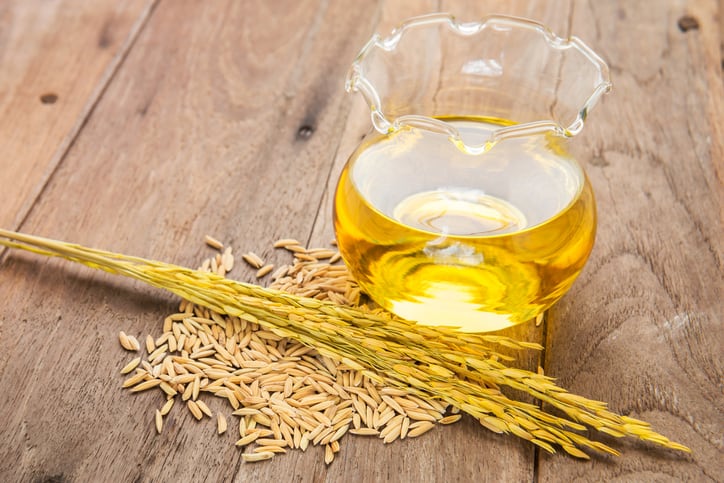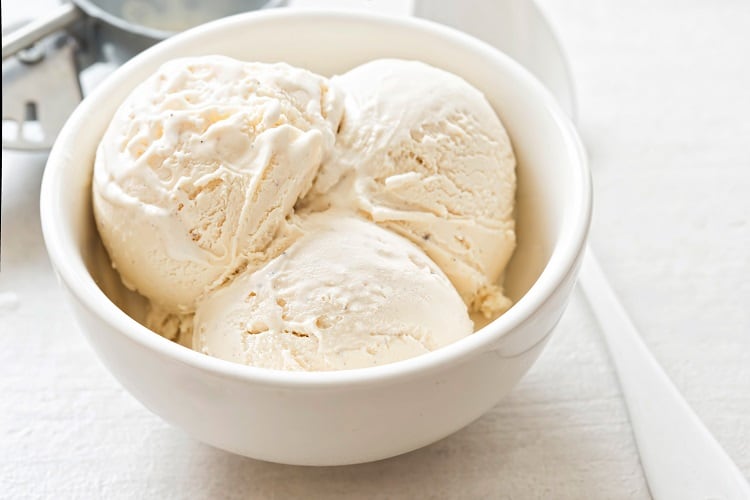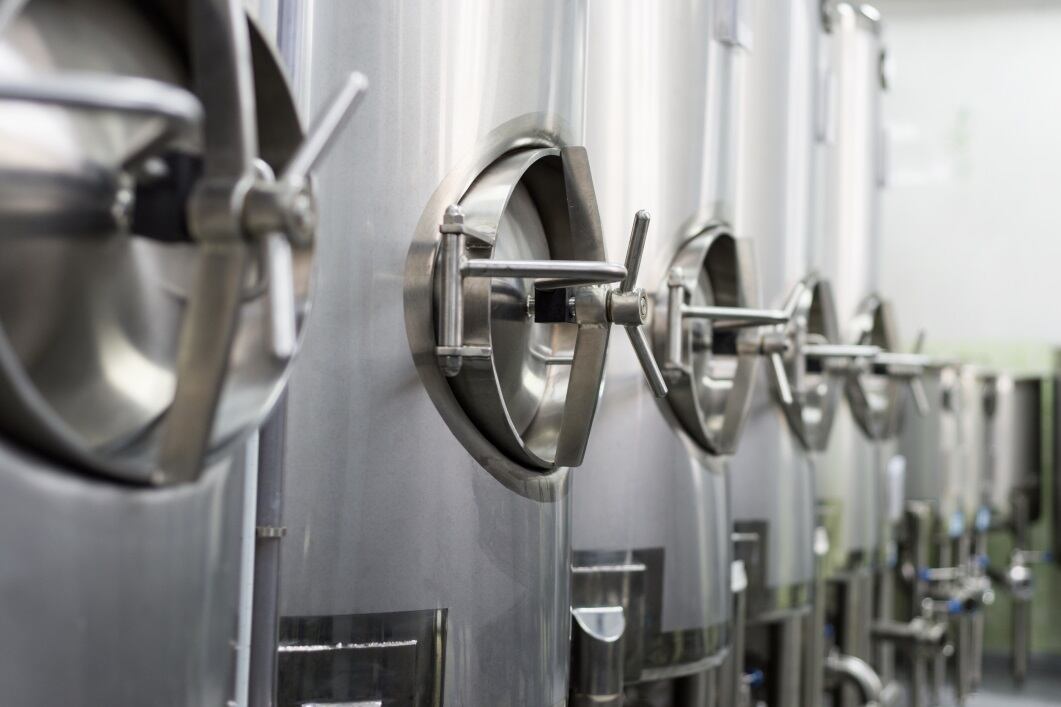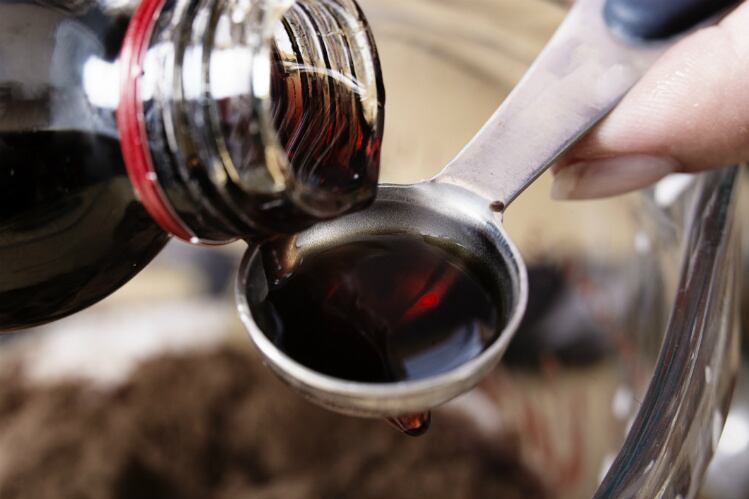Vanillin, an alternative to natural vanilla originating in Mexico and Guatemala, has a long history. The ingredient was first synthetically produced in 1875 in response to insufficient supply, and the industry has continued to grow.
The restraint on the availability of vanilla for flavouring continues. More than 100 years on, approximately 26,000 tons of vanillin is made around the world by various processes, compared to around 100 tons of natural vanilla. Of that 26,000 tons, more than 99% is synthetically produced from petrochemical raw materials.
Over the last 15 years, however, ‘rapid growth’ of vanillin made using natural processes and natural raw materials has been observed, according to ingredient supplier Solvay’s Peter Browning.
The French company makes a wide range of vanillin products – both synthetic and natural – and said it is ‘spearheading’ the switch to the latter to satisfy growing demand.
Upcycling rice bran oil waste matter
Solvay’s natural vanillin is sold under its Rhovanil Natural Crystal White (CW) range. The non-GMO line is produced by the bioconversion of ferulic acid – an organic compound found in rice bran, Browning told FoodNavigator at FiE in Paris this week.

Ferulic acid is a by-product from the rice bran oil industry, and in that way, Browning said the company is contributing to the circular economy. To produce Rhovanil Natural CW, “we ferment the by-product in a bioreactor with ferment bugs,” he explained. “It is a completely natural raw material and a completely natural fermentation process.”
The ingredient can complement and substitute natural vanillin from vanilla beans, which Browning, the president of Solvay’s Aroma Performance Global Business Unit, confirmed remains very limited worldwide.
The company describes Rhovanil Natural CW has having a ‘pure, sweet, long-lasting vanillin profile’, which the president said contributes to a ‘roundness’ and ‘smoothness’ in mouthfeel.
Doubling capacity for ‘extraordinarily successful’ range
Solvay produces Rhovanil Natural CW in Saint-Fons on the outskirts of Lyon, where two years ago the company tripled production capacity (from 20 to 60 tons) in response to growing demand.
Now, Solvay is again building scale, with the announcement its Saint-Fons site will double production capacity for the natural range, to reach 120 tons.
“We are seeing some substantial growth in this product range,” Browning told this publication, “it has been extraordinarily successful for us.”
Demand is driven by consumer desire for natural products and foodstuffs, he continued, which is filtering up through the company’s customers. “FMCGs are driving the push to natural, and the growth in the business.”

The product is used by ‘the major food and beverage companies’ looking for a natural alternative to synthetic vanillin, said Browning, adding that chocolate and chocolate spread categories are ‘big business’ for the French company.
This is because vanillin helps to mask the bitterness of chocolate, without the need for additional sugar and milk. “If you mask [this bitterness] with vanillin…you get a lower sugar content and a lower fat content [than you would by adding sugar and milk],” he explained.
Dairy is also a big market for vanillin, whether it be for vanilla-flavoured yoghurts or flavoured milks. The bakery sector is ‘starting’, but is not a ‘main driver today’, Browning continued.
Solvay has also aligned its production process with the National Organic Program requirements in the US, which reflects the company’s ‘environmental and socially conscious practices’.
“Organic foodstuffs is driven by the US market, so there we need to use specific raw materials and processes, and specific processing tools,” the president elaborated. “It is an interesting additional market segment to target.”





